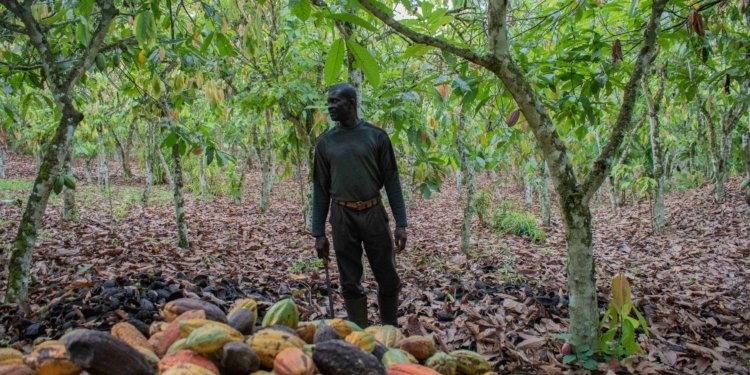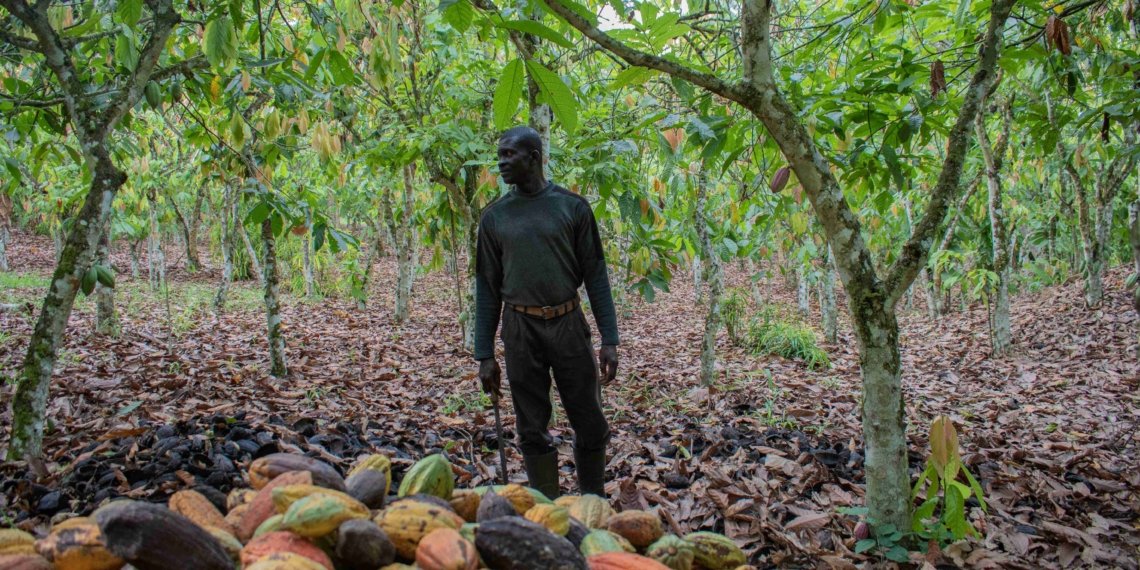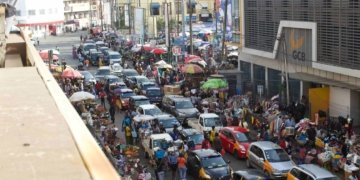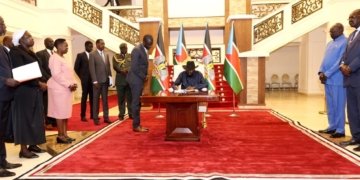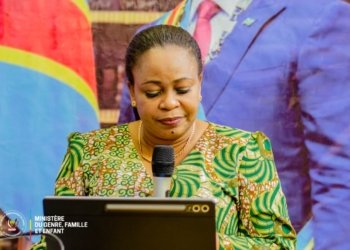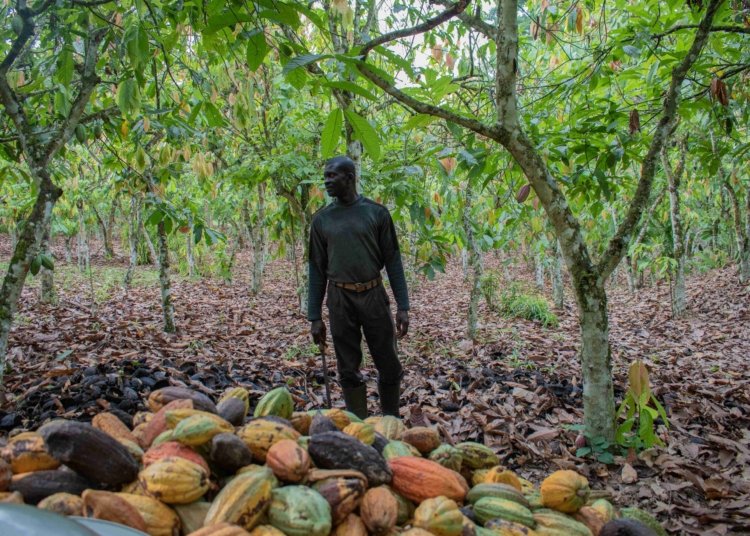Cocoa production in Ghana has dropped to its lowest level in two decades, prompting the government to acquire 200,000 hectares of farmland to revive the sector. Farmers, however, remain skeptical as illegal gold miners offer significantly more for their land.
Production for the 2023-24 season fell to 530,000 metric tons. The Ghana Cocoa Board blames extreme weather, the swollen shoot virus and illegal mining for the decline.
“Galamsey operators are offering huge sums, over GH¢360,000 (about $30,000) per acre, just to take over our cocoa farms,” one farmer said. “How much will the government offer us in comparison?”
In response, the government plans to roll out state-managed plantations in the Volta and Oti regions. These sites would feature improved irrigation, disease-resistant cocoa and support for smallholder farmers.
Despite the initiative, many growers are hesitant. Galamsey groups pay in cash and offer more than Cocobod’s rehabilitation payments, which previously stood at 1,000 Ghana cedis per hectare and 11,892 per acre.
Officials say all land deals will follow the Land Act of 2020 and national compensation rules, but many farmers remain unconvinced. Some express fears about long-term land control and political changes.
Cocobod has begun meeting with traditional leaders, including the Gbese Mantse, in an effort to build trust. Community feedback has called for deeper engagement and local job creation beyond cocoa.
Ivory Coast has expanded local processing to add value to its beans. Ghana is trying to follow that path, though output at its Cocoa Processing Co. fell sharply in 2024 due to bean shortages.
Cocobod’s chief executive says the government will focus on boosting local processing and improving prices for farmers.
The board, now chaired by Samuel Ofosu Ampofo, has pledged to reset and reposition the industry. Whether that promise can win back farmers’ trust remains uncertain.
